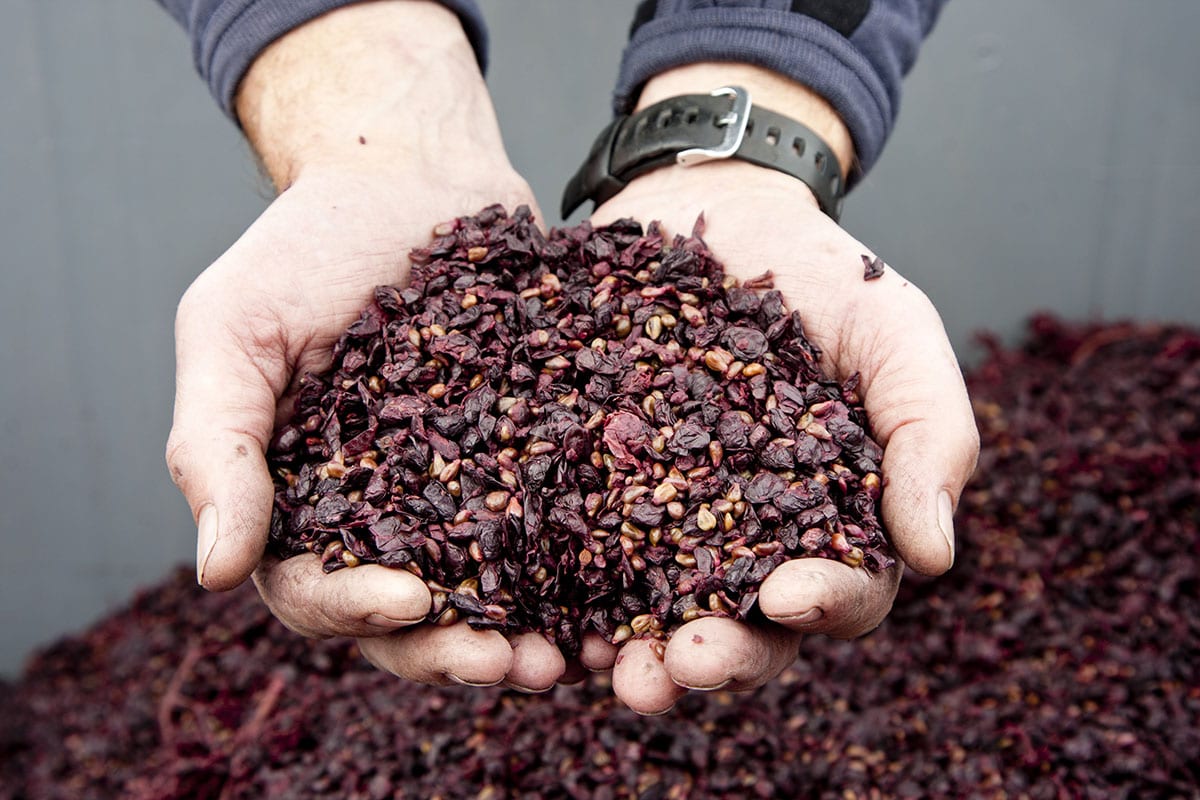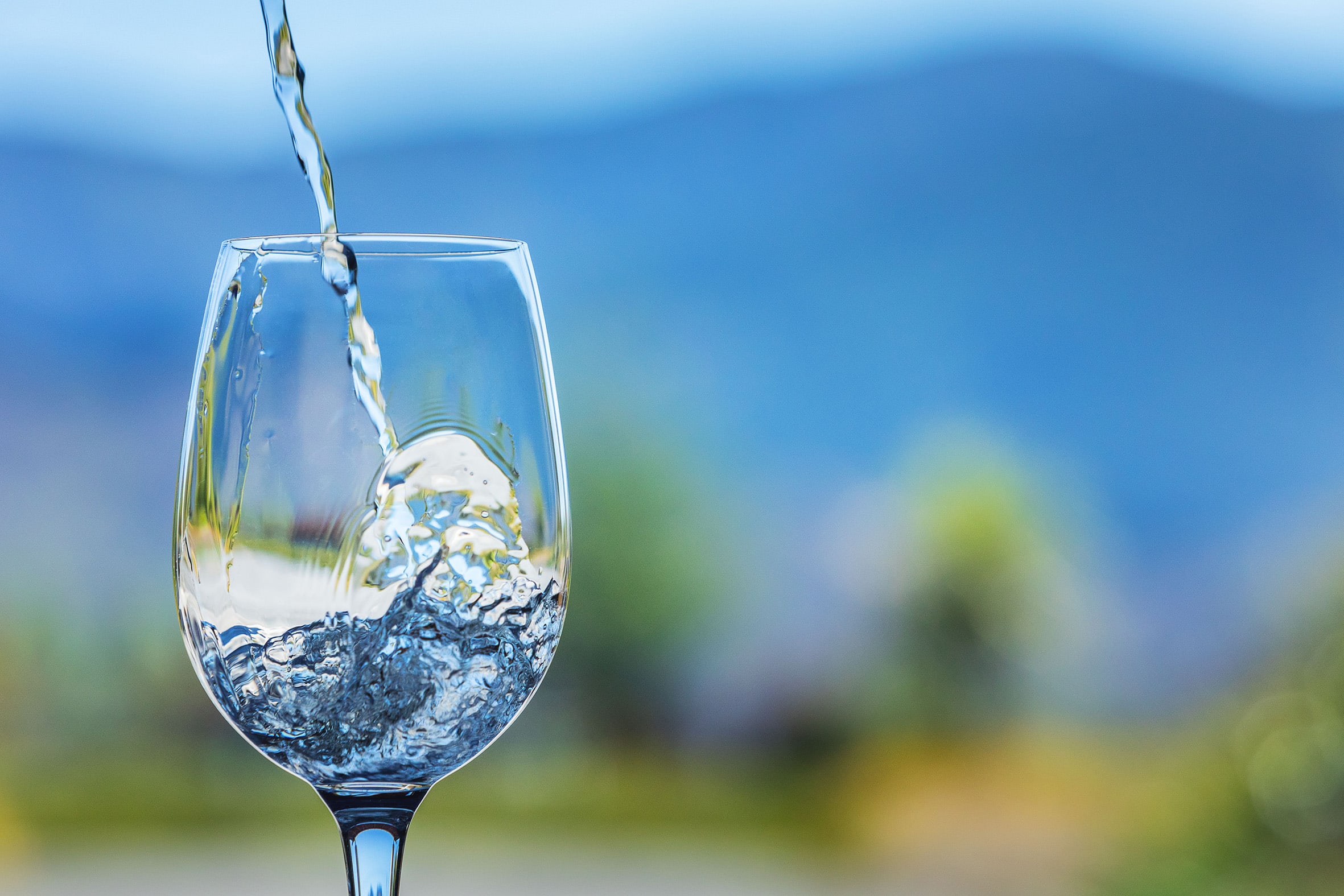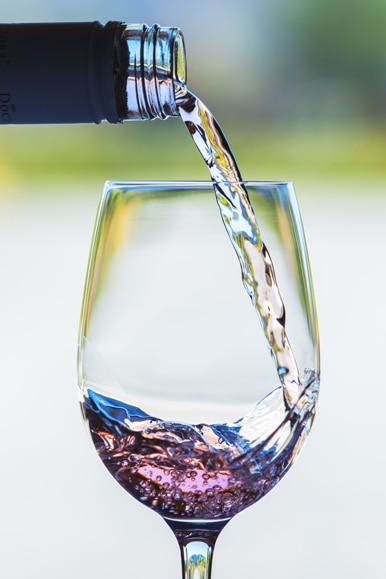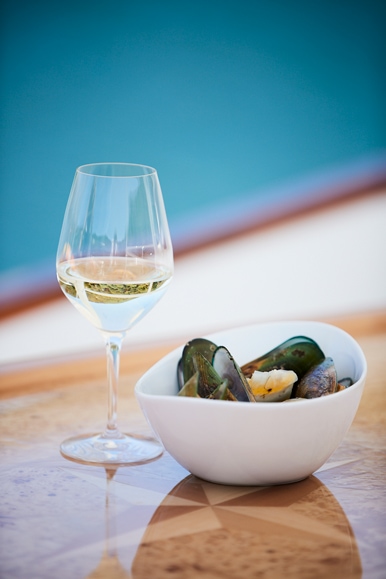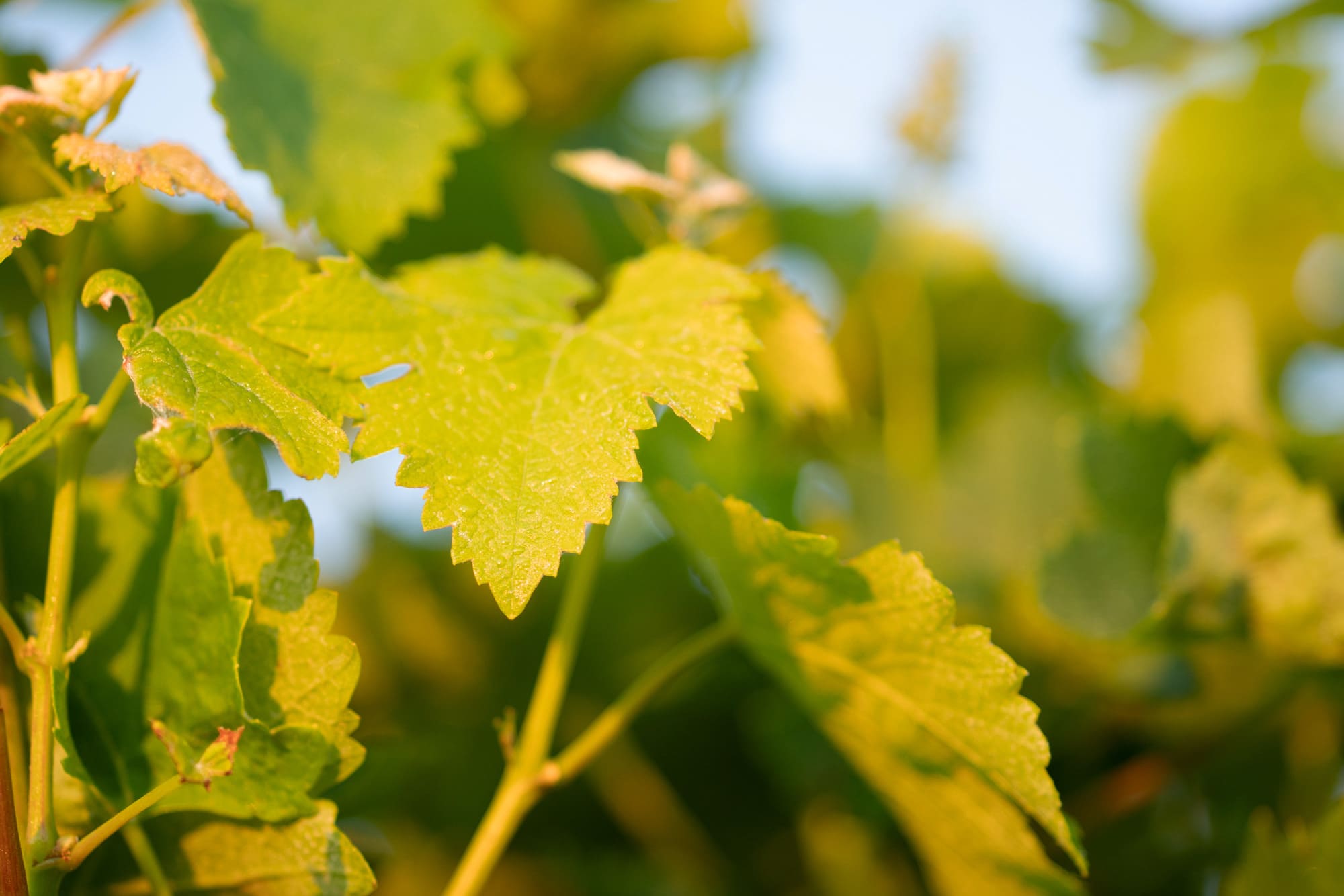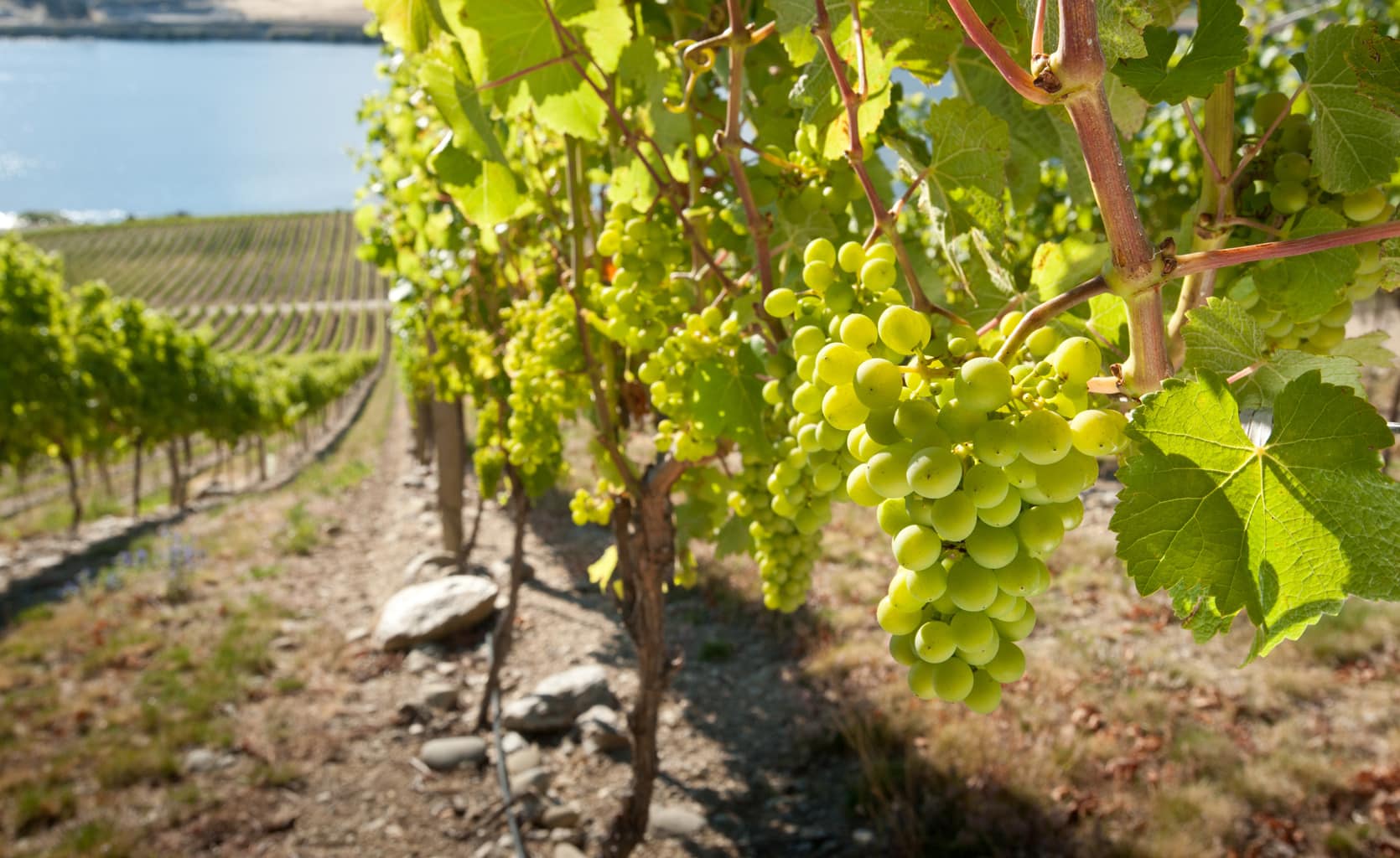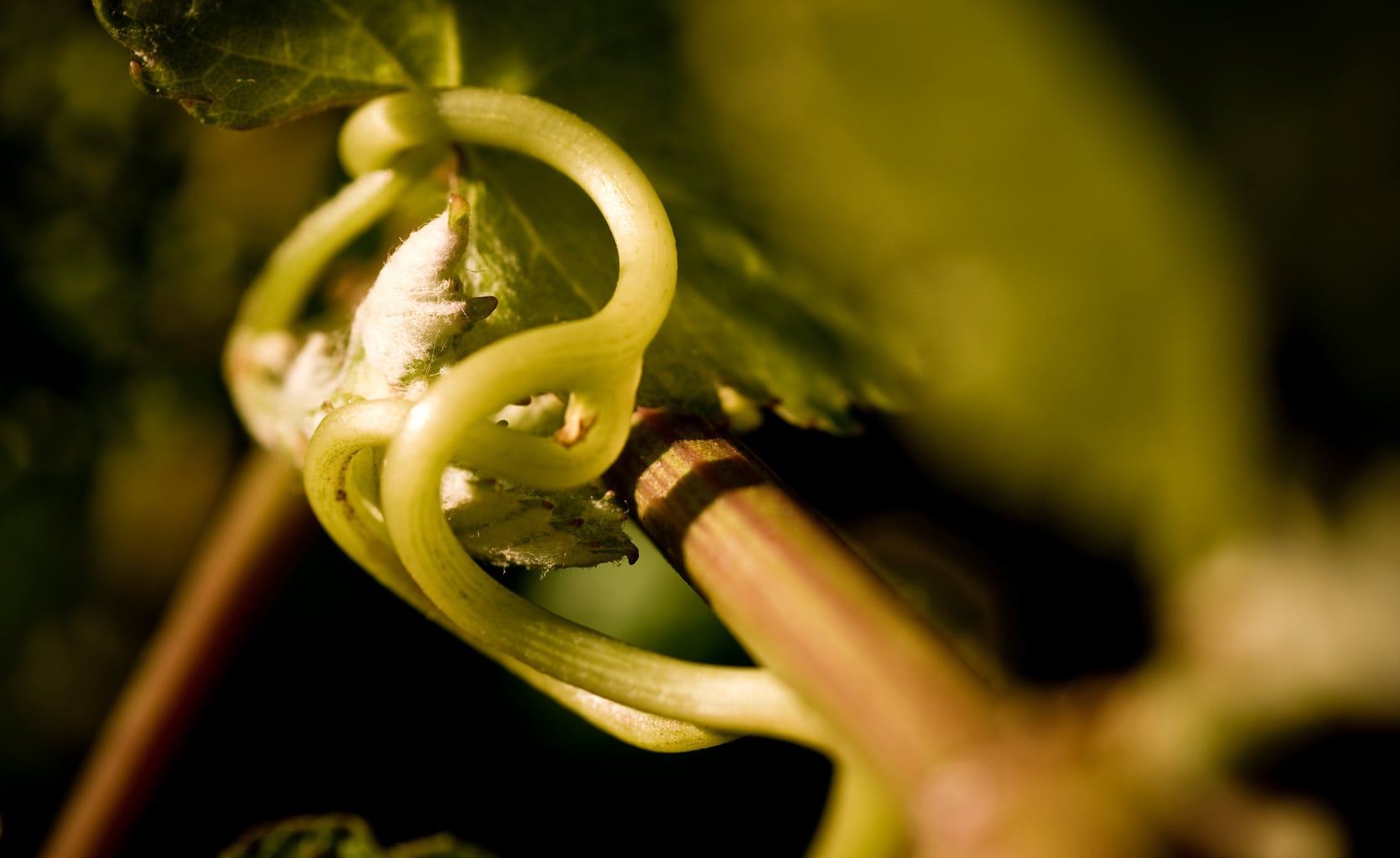There’s a nice dose of serendipity behind an Auckland scientist’s work to ‘upcycle’ grape marc into high-value stock feed using bioprocessing. Environmental biotechnologist Dr Shan Yi saw a news article on grape marc in 2021, highlighting the lack of large-scale solutions to deal with increasing volumes of the pips and skins left in winery presses after juice has been extracted from grapes. “I found this challenge very intriguing and started mulling over the possible microbial biotechnology to help solve the problems mentioned in the article,” she says.
Now Shan is running a two-year grape marc project with the University of Auckland, thanks to funding through New Zealand Wine Futures Fund (NZWFF), looking to transform marc
into high-value, functional medium-chain organic acids, such as caproic acid, for goods such as stock feed.
“My research focuses on applying the fundamental understanding of microbial metabolism and interactions to improve the performance of engineering bioprocesses,” says Shan, who joined the chemical and materials engineering department at the University of Auckland in December 2019, to research the synergy between chemical and environmental engineering. “To align my research with New Zealand’s needs, I am specifically interested in developing low carbon-emission engineering bioprocesses to valorise biomass feedstock from New Zealand’s primary industries.”
Grape marc is packed with organic carbons that the grapevine has “worked really hard to fix from atmospheric carbon dioxide through photosynthesis”, says Shan. “These grape marc organic carbons represent a carbon-neutral and renewable feedstock if we can use them to produce chemicals and energy. However, grape marc organics are complex biomolecules that can be costly and energy-intensive to process.”
The research focuses on developing a novel anaerobic bioprocess to convert the bulk organics in grape marc to mediumchain organic acids by the catalytic abilities of microorganisms. “Compared with previous proposed alternative treatments, this new bioprocess produces higher-value products but does not require intense operation parameters such as heat or high-power consumption,” says Shan. “In addition, the products from our bioprocess can be used directly by wine (or another crop) growers to promote plant growth and fight against plant disease, creating a circular route for wine offerings and enhancing the sustainability of the New Zealand wine industry,” she continues, noting “economic, environmental, and social benefits”.
The NZWFF is funded through New Zealand Winegrowers levies and project managed by BRI. BRI Project Manager Stephanie Flores says sustainably disposing of large quantities of grape marc has become one of the toughest challenges for a growing industry aiming to be zero-waste to landfill by 2050. “The research will not only contribute to existing knowledge relating to grape marc disposal, but also aims to provide a commercial opportunity for the industry as well.”
This article was first published in issue 135 of New Zealand Winegrower magazine and is republished with permission.


